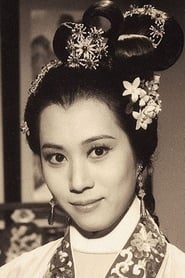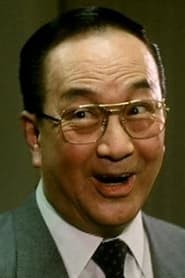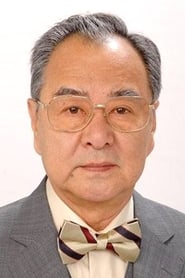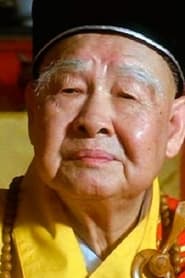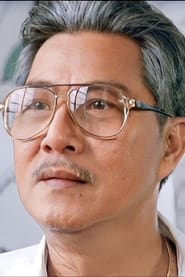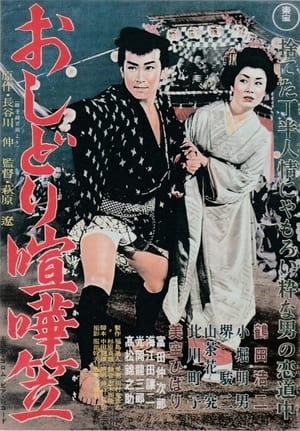
The Witty Bus Girl(1966)
Industrialist Tam Kar-cheung knowingly puts the lives of his workers at risk so as to line his pocket with insurance payments. The chivalrous Bus Money gets into fisticuffs with Tam's chauffeur, Tam Biu, who bears a grudge against the assailant. When Money catches wind of Kar-cheung's vicious plot to set fire to a squatter area to clear the path for a property development project, she moves in and watches vigilantly for signs of arson. Soon, she saves Ah-hau, Biu's girlfriend and a young victim of drug rape, from her suicidal attempt by drowning. Money pursues fragments of clues which lead her to the victim's boss, Taipan Cheung who sucks up to his master Kar-cheung by drawing his prey to her trap. Money then organises squatter residences into fire brigade to guard against arson attacks and exposes Kar-cheung's evil. Realising he has been exploited for his blind loyalty, Biu teams up with Money to dispense justice.
Movie: The Witty Bus Girl
Top 10 Billed Cast
Kuei's wife
Ah-hau
manager (Ah Cheung)
Ko Tak-sum
Dai Se Ming

巴士銀妙計除三害
HomePage
Overview
Industrialist Tam Kar-cheung knowingly puts the lives of his workers at risk so as to line his pocket with insurance payments. The chivalrous Bus Money gets into fisticuffs with Tam's chauffeur, Tam Biu, who bears a grudge against the assailant. When Money catches wind of Kar-cheung's vicious plot to set fire to a squatter area to clear the path for a property development project, she moves in and watches vigilantly for signs of arson. Soon, she saves Ah-hau, Biu's girlfriend and a young victim of drug rape, from her suicidal attempt by drowning. Money pursues fragments of clues which lead her to the victim's boss, Taipan Cheung who sucks up to his master Kar-cheung by drawing his prey to her trap. Money then organises squatter residences into fire brigade to guard against arson attacks and exposes Kar-cheung's evil. Realising he has been exploited for his blind loyalty, Biu teams up with Money to dispense justice.
Release Date
1966-02-09
Average
0
Rating:
0.0 startsTagline
Genres
Languages:
广州话 / 廣州話Keywords
Similar Movies
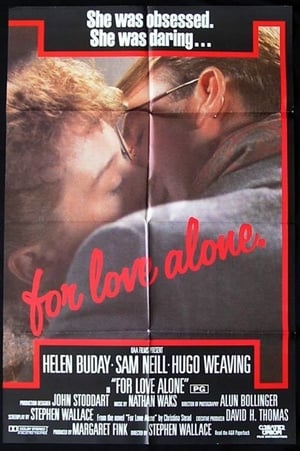 3.4
3.4For Love Alone(en)
Teresa is a spirited young girl chafing under the oppressive attitudes of 1930s society, and her father in particular. She fancies her poverty-stricken Latin tutor Johnathan Crow, without realising he merely considers her a pleasant diversion and nothing more, and eventually follows him from Sydney to London. En route she meets the gentle banker James Quick. Whilst navigating her relationships in London, including with a political poet bound for the Spanish Civil War, she experiences a transformation in her understanding of love. Based upon Christina Stead's best-selling Australian novel.
Jons und Erdme(de)
Adaptation of Hermann Sudermann's novel about the troubled relationship between the strong willed Erdme and her irascible husband Jons in the Lithunian moors.
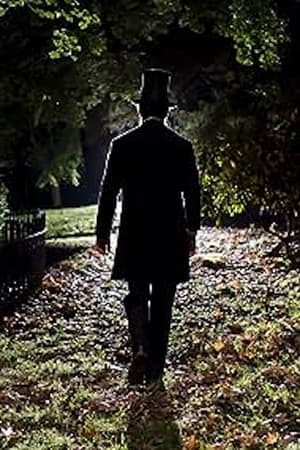 0.0
0.0Lincoln in the Bardo(en)
In 1862, Abraham Lincoln's youngest son is laid to rest. That night, Lincoln visits his son's crypt, a chorus of ghosts narrating their brief reunion. Based on the bestselling novel by acclaimed author George Saunders.
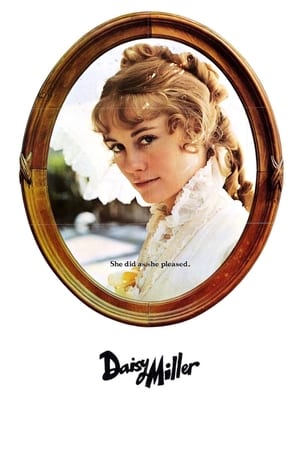 6.0
6.0Daisy Miller(en)
Despite mixed emotions, Frederick Winterbourne tries to figure out the bright and bubbly Daisy Miller, only to be helped and hindered by false judgments from their fellow friends.
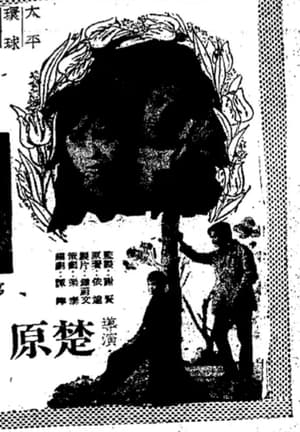 0.0
0.0Winter Love(cn)
Inside a café, on Christmas Eve. Chim Kei meets an enigmatic woman named Mimi Wong who introduces herself as the daughter of an upper-crust family. But the infatuated writer is struck by a spasm of sorrow when he later sees Mimi make her appearance as a taxi-dancer at a party. The lovers are reconciled by the story of her plight told by her sister Annie. However, Mimi goes missing on the engagement day. By a stroke of luck, Chim runs into the elusive woman again and finds out how she was forced into prostitution by her drug-addict husband, his childhood best friend and benefactor Chan Hung-kit. Chim leaves dejectedly, and has since been idling his days away. The frail Mimi confesses her love for Chim on her deathbed, and from not far away, Chan has ended his own life.
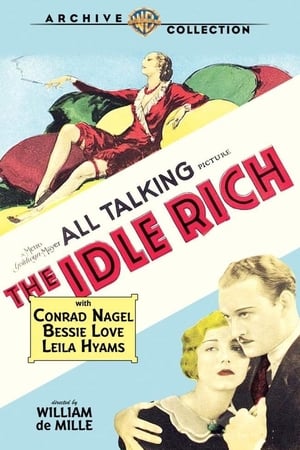 5.7
5.7The Idle Rich(en)
Millionaire William van Luyn falls in love with his secretary Joan Thayer and marries her. Her family, part of "the great middle class" (as blowhard nephew Henry keeps reminding us), is happy for Joan, but reluctant to take charity from Will. He moves in with them, and they keep resisting, until one day he takes drastic action.
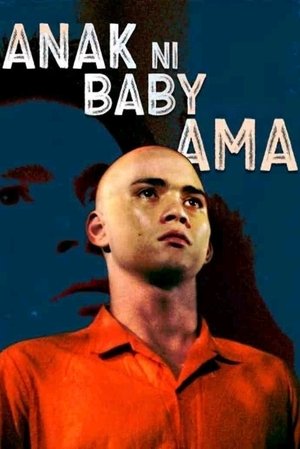 0.0
0.0Anak ni Baby Ama(tl)
A boy grows up not knowing his real identity. One day a mysterious lady, claiming to be his real mother, divulges the truth about his roots. He is caught between leaving his past and living his new life.
The Inspector General(zh)
Nikolai Gogol's The Inspector General is a satire play well-known around the world. In the period between the end of World War II and the 1960s, the play was adapted in Hong Kong cinema a total of six times. Director Huang Yu alone adapted it twice, as a Republic era story and a period comedy, respectively. The 1955 Republic era-set film is more faithful to its source material, following a spoiled rich brat who is mistaken as a government inspector in a small town and ends up being wined and dined by a corrupted local official. The film pokes fun at the ugliness of bureaucracy in old society, calling back to renowned Qing Dynasty novel Officialdom Unmasked while keeping the original play's artistic style.
The Tormented Beauty(cn)
Guerrilla member Ting Siu-yuen works as a playwright and Lee, the leader of an opera troupe. They conceal their identities in the troupe in order to gather military intelligence. Yuen gradually falls in love with the lead actress Mui Law-heung. Ting is unsettled to learn that County Chief Fong covets Mui. He sneaks into Fong's residence and is astounded by the sight of his old lover Pak Kuen, now Fong's wife. Fong colludes with the military chief in conducting vicious schemes. With Kuen's help, Yuen is able to get the intelligence. But as Heung is not an insider, she reports to the Governor about the illicit relationship between Yuen and Kuen. Kuen backs Yuen to eliminate the conspirators and bring about the union of Yuen and Heung.
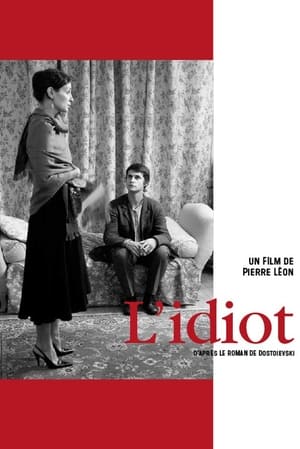 6.5
6.5The Idiot(fr)
Nastassia Philippovna finds herself juggling the affections of four men over the course of a single evening. One is her benefactor, the bourgeois Totsky. Another is the opportunistic Ganya, whom Totsky has promised 75,000 rubles if he will marry Nastassia. Rogozhin offers Nastassia 100,000 rubles for her hand. And the “idiot,” Prince Myshkin, loves Nastassia madly and vows to “save” her.
A Lovely Girl's Lovely Dreams(cn)
Songstress Mui Yee-wah falls head over heels for painter Wai Tik-fung despite their age difference. Because Wai is a married man, Mui's mother is against the match. Mui falls ill from grief. Rich heir Siu Kar-wai seizes the chance to successfully propose to Mui. However, Siu is unable to let go of Mui's past. In a fit of anger, he fires a deadly shot at Wai.
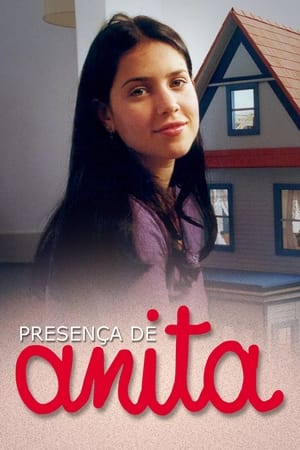 6.0
6.0Luz, Câmera, 50 Anos: Presença de Anita - O Filme(pt)
Adapted from the series aired in 2001. Looking for inspiration during the holidays, Nando sees Anita as the ideal character for his novel. She lives in a townhouse where a passionate crime happened in the past. Intense, Anita seduces Nando and awakens to
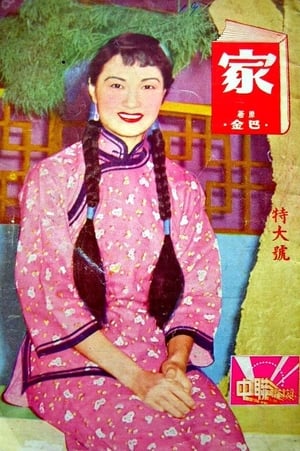 0.0
0.0Family(cn)
"Family" (1953), which launched the Union Film legacy, "Spring" (1953) and "Autumn" (1954) are adaptations of Ba Jin's highly regarded novel "Torrent Trilogy". In "Family", director Ng Wui skilfully condenses the voluminous first part of the novel into an emotionally powerful and intellectually focused story of youngsters struggling to survive oppression and repression in a feudalistic family. This well-received film quickly established the company's reputation.
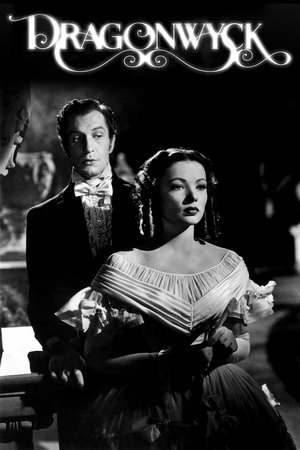 6.7
6.7Dragonwyck(en)
For Miranda Wells, moving to New York to live in Dragonwyck Manor with her rich cousin, Nicholas, seems like a dream. However, the situation gradually becomes nightmarish. She observes Nicholas' troubled relationship with his tenant farmers, as well as with his daughter, to whom Miranda serves as governess. Her relationship with Nicholas intensifies after his wife dies, but his mental imbalance threatens any hope of happiness.
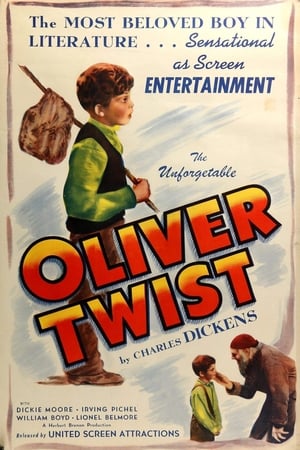 4.8
4.8Oliver Twist(en)
An orphan boy in 1830s London is abused in a workhouse, then falls into the clutches of a gang of thieves.
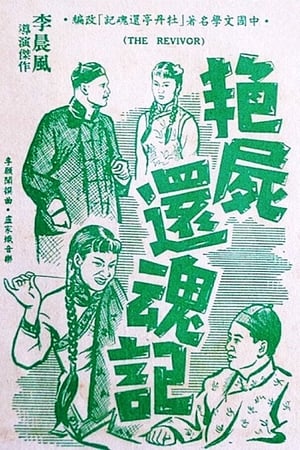 0.0
0.0Beauty Raised from the Dead(cn)
Lau Mung-mui chances on To Lai-leung and their encounter transcends to a rendezvous in their dreams. They admire each other, but they do not know each other's names and addresses. They keep on thinking of each other and decide to take each other as their future husband and wife. Mui's father wants his son to get married, but he pays no attention to his father's wishes. Mui leaves home to look for Leung. Leung's father forces his daughter to marry her rich and powerful cousin. Leung becomes despondent and dies, following an arranged marriage with her cousin. Mui sought everywhere for Leung for three years, but to no avail. He locates the home of Leung, but the household has moved out. The house is guarded by an old servant. Mui, chasing Leung's spirit, has a brief romance with her. Acknowledging that their union will be hindered by their incompatibility as a mortal and a spirit, Leung reincarnates as a mortal so that their love may be rekindled.
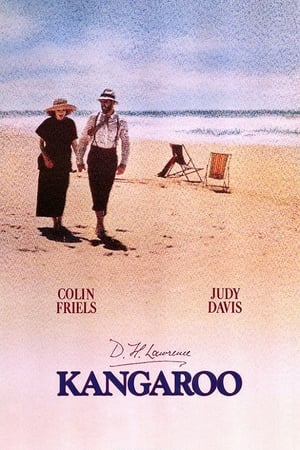 6.0
6.0Kangaroo(en)
A mild-mannered English conscientious objector moves to what he feels will be the relative calm of Australia after World War I, but gets caught in the middle of violent battles between the rising trade unions and fascist groups.
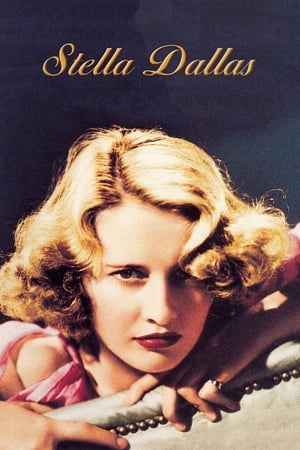 6.8
6.8Stella Dallas(en)
After divorcing a society man, a small-town woman tries to build a better life for their daughter.
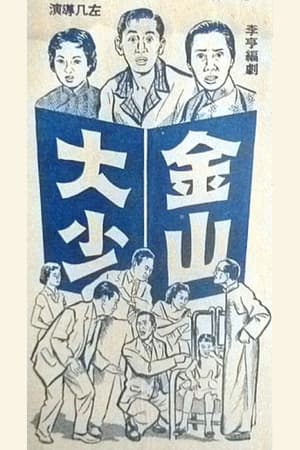 0.0
0.0The Chair(cn)
After inheriting his father's estate, Cheung Ka-bo leads a life of debauchery after getting know Blackie Yuen, who profits at others' expense, and Yee-Wah, who working at a night club. As the family wealth diminishes, he always squabbles with his wife and finally separates from her. She returns a diamond bracelet, kept by Uncle Chan, to her mother-in-law. Bo's mother hides the bracelet in a chair. Later, Wah resides at Bo's home. To flatter Wah, Bo wants to get the bracelet by any means from his mother and give it to Wah. Later, Bo's mother falls ill. In the hospital, she tells Bo of the bracelet's whereabouts but the chair has already been sold to Uncle Chan by Wah. Bo, Wah and Yuen stealthily enter Chan's home to get the chair, but have a big fight when they try to take the bracelet. Knowing that Bo has huge debts, Wah intends to leave him after getting the bracelet. Wah exposes her gluttonous self in her pursuit of the treasure. Bo learns his lesson and returns to his wife.
